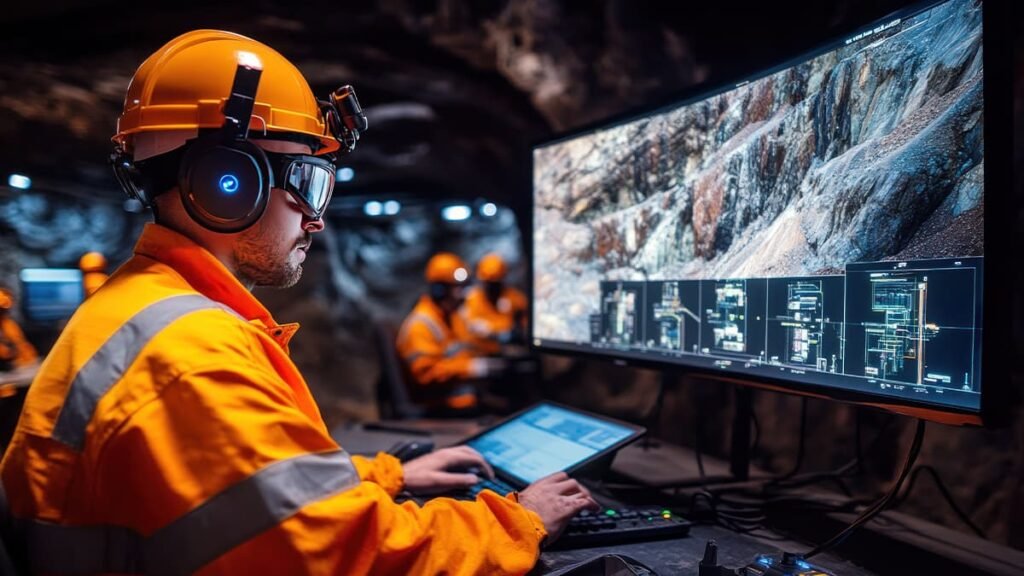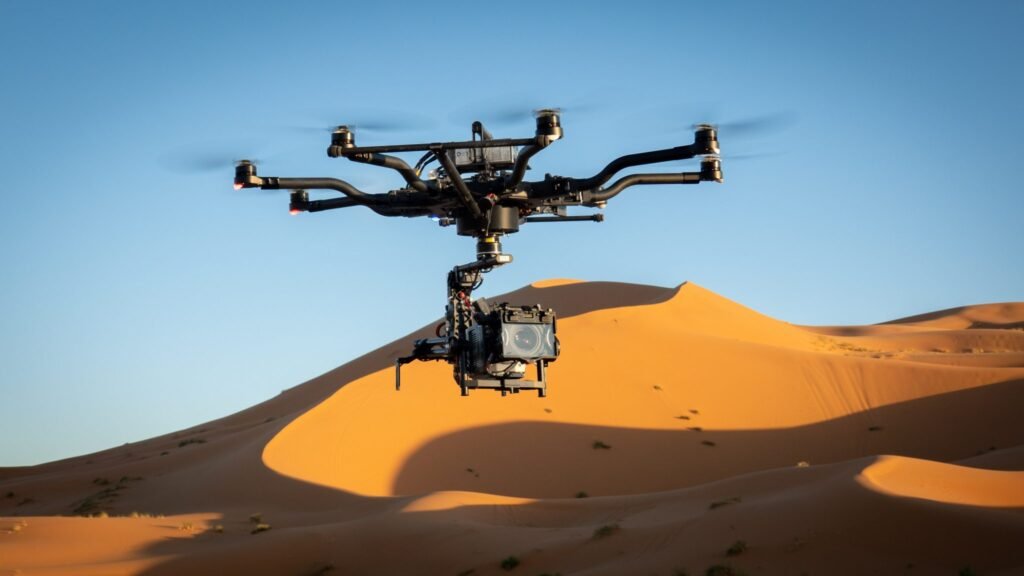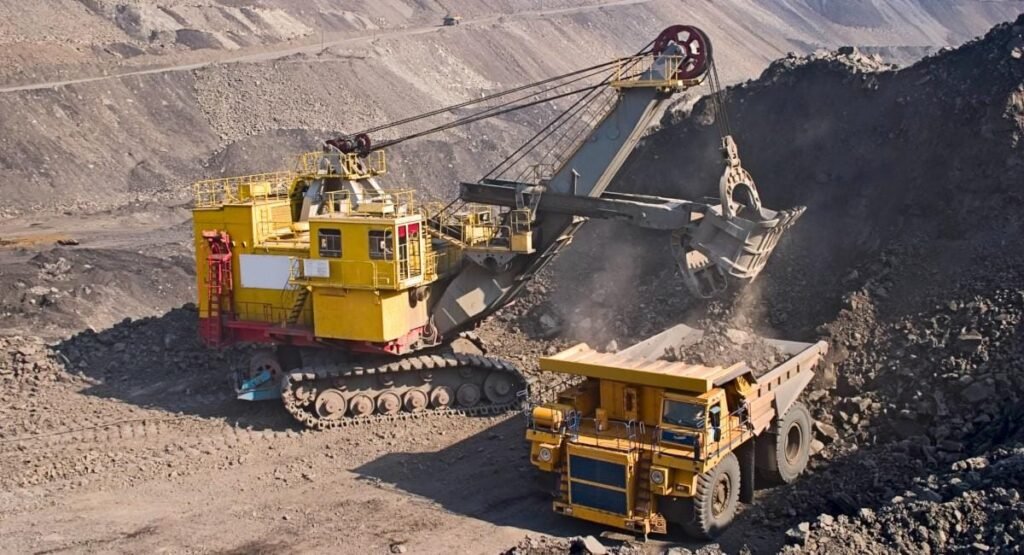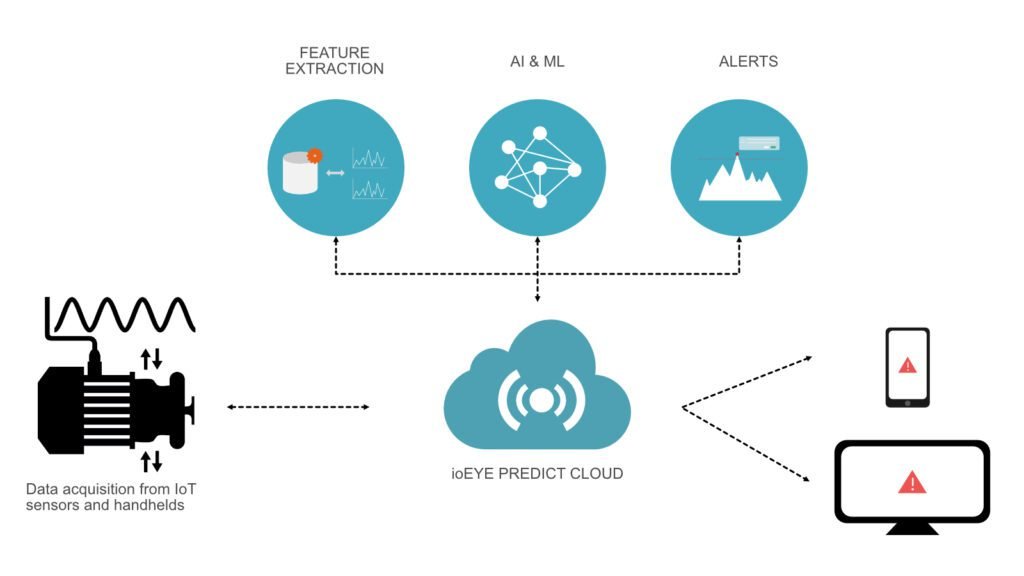Digitalisation in mining in Africa
Digitalisation in Mining in Africa: Transforming the Industry with Technology
The African mining industry is undergoing a digital revolution, driven by advancements in technology and the growing need for efficiency, safety, and sustainability. Digitalisation—the integration of digital technologies into mining operations—is reshaping how resources are discovered, extracted, and processed across the continent. From artificial intelligence (AI) to the Internet of Things (IoT), these innovations are enabling African mining companies to overcome traditional challenges and unlock new opportunities. In this blog post, we will explore the impact of digitalisation on mining in Africa, supported by vivid image descriptions and insights into its applications, benefits, and challenges.

What is Digitalisation in Mining?
Digitalisation in mining refers to the use of advanced technologies like AI, IoT, drones, automation, and data analytics to enhance operational efficiency, improve safety, and reduce environmental impact. These tools enable mining companies to make smarter decisions, streamline workflows, and optimise resource utilisation.

Key Applications of Digitalisation in African Mining
1. Exploration and Resource Mapping
Digital tools like drones and satellite imagery are transforming exploration by providing accurate, high-resolution data about potential mining sites. AI algorithms process this data to predict mineral-rich areas, reducing exploration time and costs while minimising environmental disruption.

2. Automation and Robotics
Automation is revolutionising mining operations in Africa by deploying autonomous vehicles, drilling rigs, and processing equipment. These machines work around the clock, improving productivity and reducing the risk of accidents in hazardous environments.

3. Predictive Maintenance
Predictive maintenance uses IoT sensors and AI to monitor the condition of mining equipment. By identifying potential failures early, companies can avoid costly downtime and extend the lifespan of their assets. Mines in South Africa and Ghana have implemented these systems to optimise gold and platinum extraction.

4. Safety Monitoring Systems
Digital safety systems enhance worker protection by continuously monitoring environmental conditions and health metrics. These innovations are particularly valuable in Africa, where many mines operate in challenging terrains and conditions.

5. Data Analytics for Decision-Making
Data analytics platforms aggregate and analyse vast amounts of information from mining operations, enabling companies to make informed decisions. For example, predictive analytics helps optimise extraction processes, while supply chain analytics improves logistics and reduces costs.

Benefits of Digitalisation in African Mining
1. Increased Efficiency
Digital tools streamline operations by automating repetitive tasks, optimising workflows, and providing real-time insights, leading to higher productivity and profitability.
2. Cost Reduction
By minimising waste, preventing equipment failures, and improving resource allocation, digitalisation significantly lowers operational costs.
3. Enhanced Safety
IoT-enabled safety systems protect workers by identifying risks early and preventing accidents in hazardous environments.
4. Environmental Sustainability
Digital technologies help minimise the environmental footprint of mining activities through precise resource mapping, reduced energy consumption, and better waste management practices.
Challenges Facing Digitalisation in African Mining
1. High Implementation Costs
The initial investment required for digital technologies can be prohibitive for smaller mining companies or countries with limited budgets.
2. Skills Gap
There is a shortage of skilled professionals who can develop, implement, and maintain digital systems in many African nations.
3. Infrastructure Deficits
Limited internet connectivity, unreliable power supply, and inadequate transportation networks in some regions hinder the deployment of digital solutions.
4. Regulatory Uncertainty
Many African governments have yet to establish clear guidelines for the use of digital technologies in mining, creating uncertainty for investors and operators.
Frequently Asked Questions (FAQs)
Q1: How does digitalisation improve mining efficiency?
A1: Digitalisation enhances efficiency by automating tasks, optimising workflows, and providing real-time data for decision-making, leading to faster and more cost-effective operations.
Q2: Which African countries are adopting digitalisation in mining?
A2: Countries like South Africa, Zambia, Ghana, Namibia, and the DRC are leading the adoption of digital technologies in their mining sectors.
Q3: What are the main challenges of digitalisation in African mining?
A3: Key challenges include high implementation costs, skills shortages, infrastructure deficits, and regulatory uncertainties.

